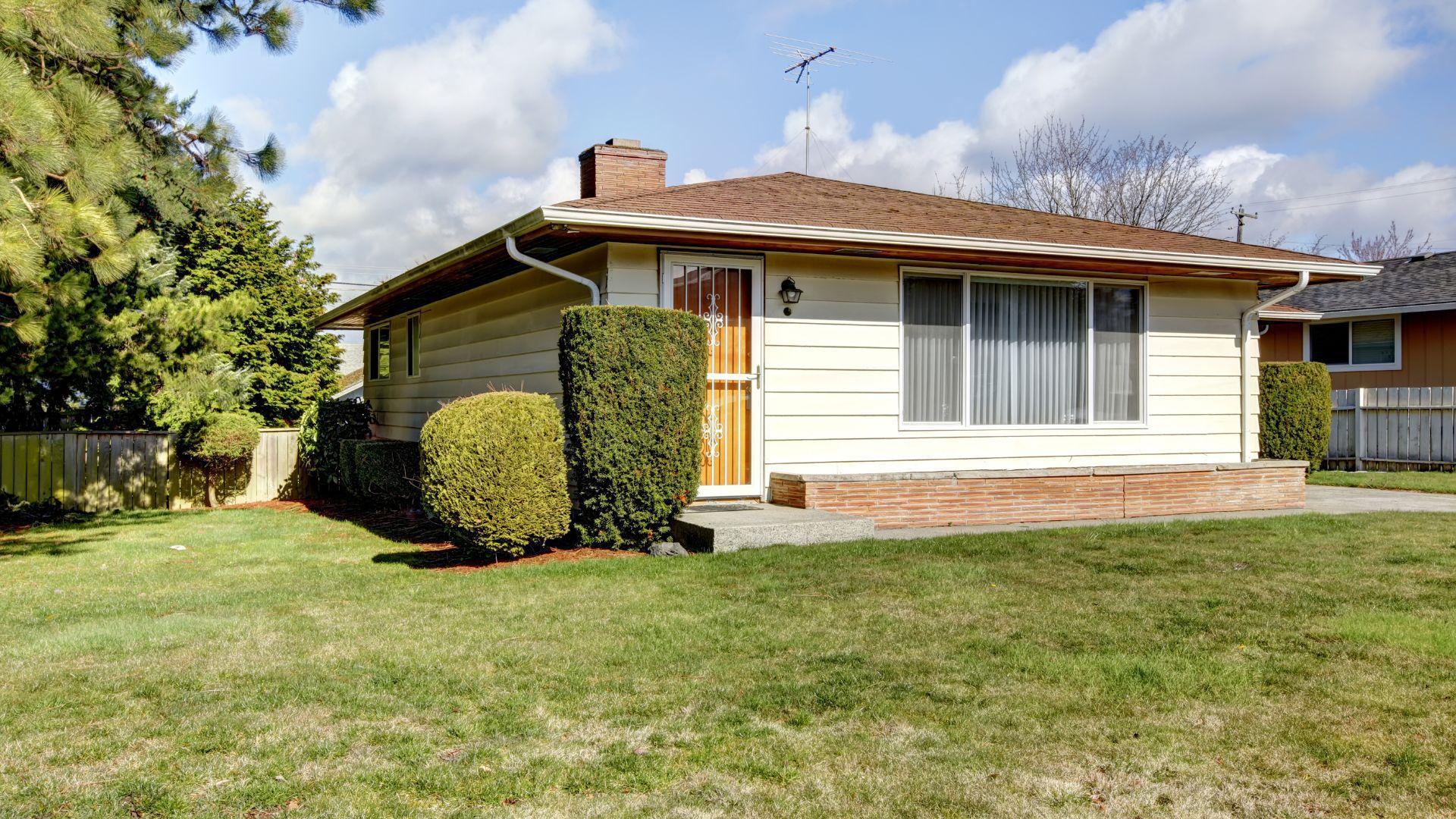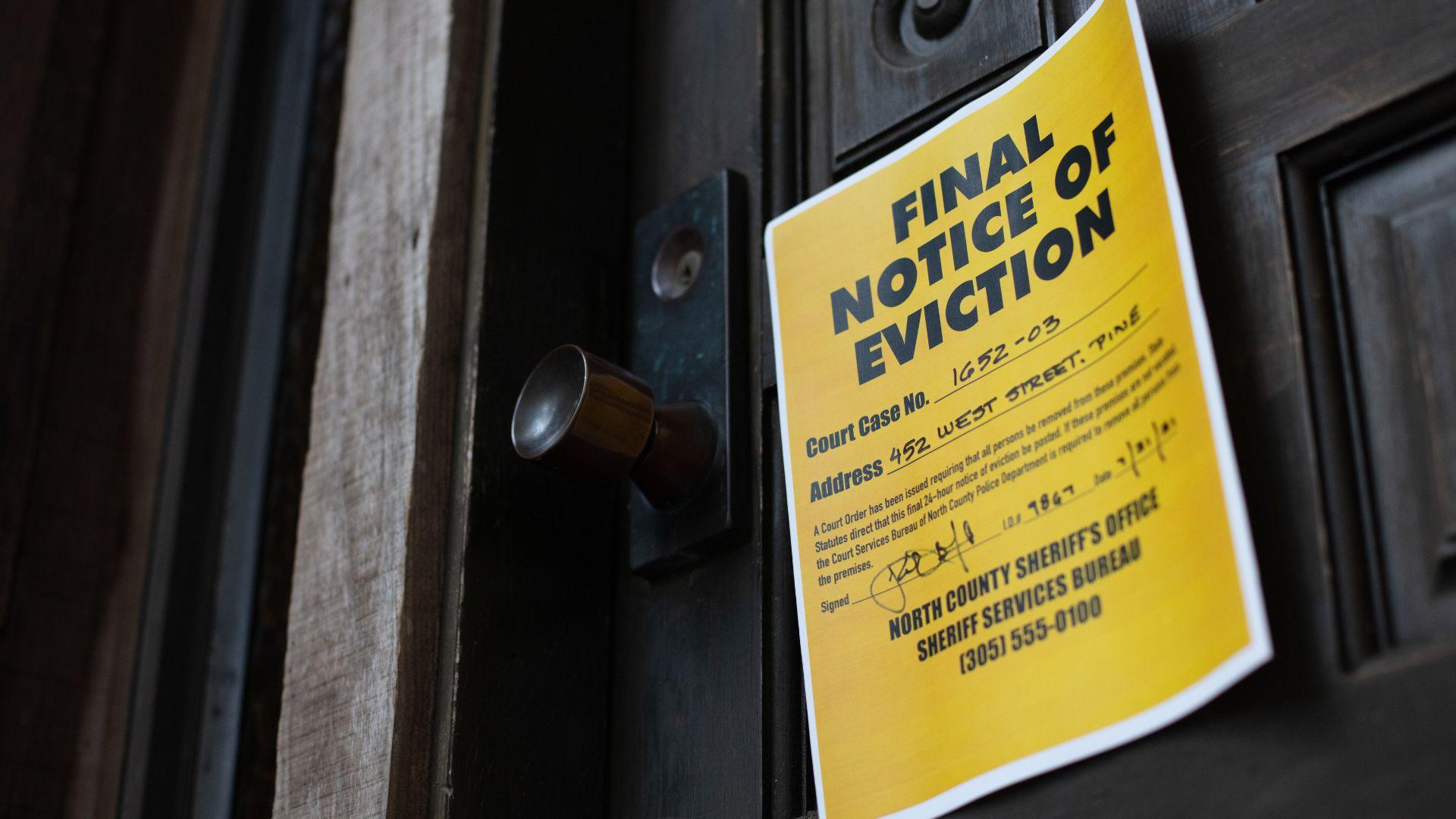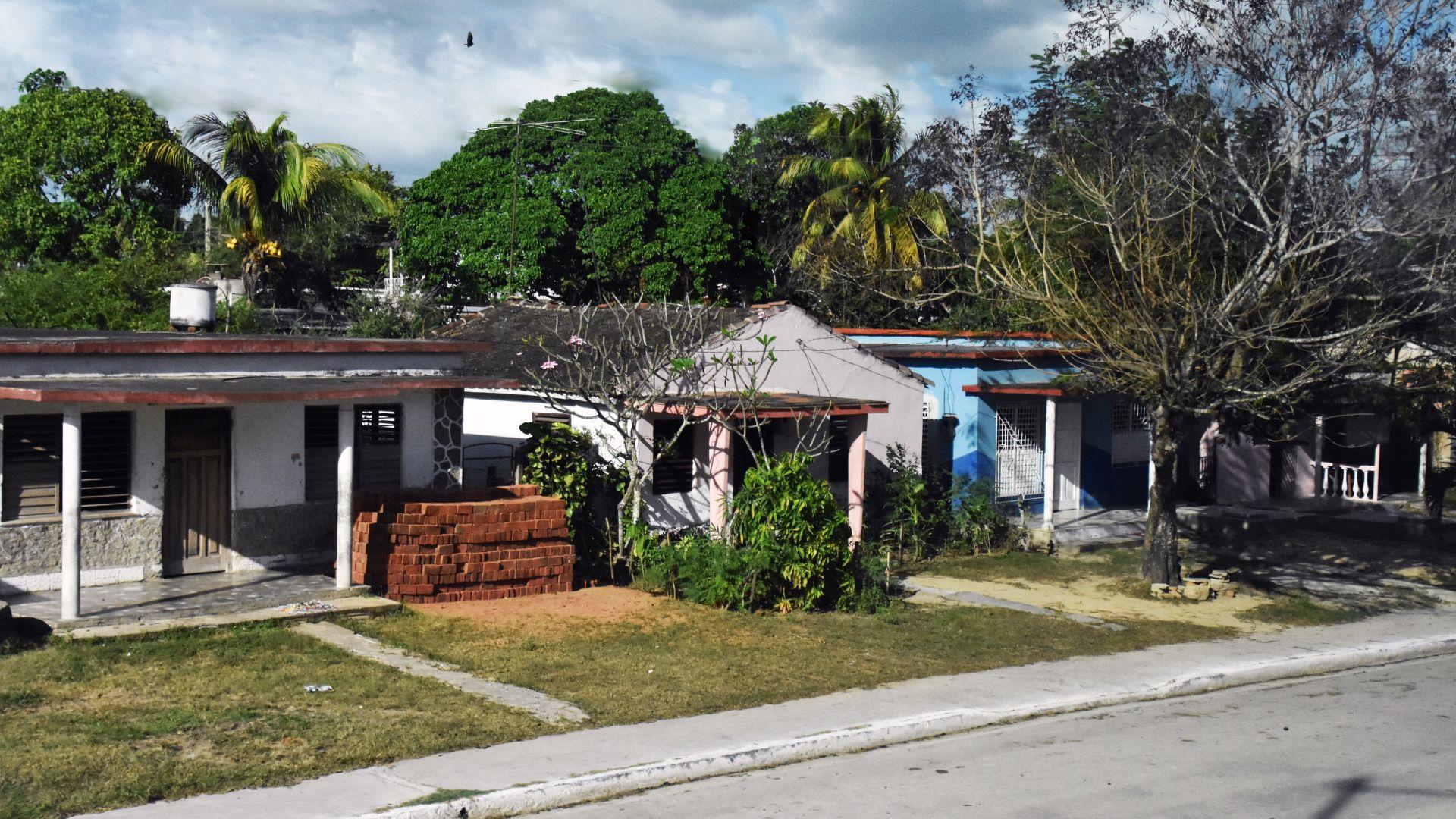In an attempt to gain attention as the “law and order” state, Florida Governor Ron DeSantis has signed a new bill into law.
The new ruling will allow homeowners in Florida to evict squatters from their property without going through a lengthy legal battle. He claims to end the “squatter scam” which allows squatters rights and long eviction processes.
DeSantis Promises Harsh Punishments for Squatters

In most states, squatters have rights to remain in any home that they take up residence in. Usually, home owners need to go through the court system to evict the illegal guests, but many claim the process is expensive and difficult.
The bill, HB 621, will allow homeowners to quickly kick out illegal tenants on their property. Moreover, it will create harsh penalties for anyone taking up space illegally or teaching others how to get away with the crime.
Taking Aim at Blue States

Under the new process, a homeowner or landlord can simply fill out a form at a local Sheriff’s office. The Sheriff will then be legally allowed to go physically evict the squatter at any time.
The Florida Governor took shots at liberally controlled states. Specifically, he called out New York and California, states that still allow rights given to squatters that look similar to tenants rights.
States With Lenient Squatters’ Rights

As Florida is the first state to pass such a strict law pertaining to property rights, others might soon follow suit.
However, for now, many Republican states still have lenient squatters rights. For instance, Tennessee allows squatters to claim rights after living in the property for 7 continuous years.
History of Squatters’ Rights in the U.S.

Squatters’ rights were originally created to protect tenants in the event of a dispute with their landlord. Usually, withholding rent payments can be used as a leverage tool of the tenant. However, many people have taken advantage of squatters’ rights to simply break into a house and occupy the space.
As reported by USA Today, the rights are meant to cover people who have lived in the same place for a long period of time. Many states have a window of 5-7 years of continuous residency, but many will go as long as 30 years.
Renters Must Have Clean Histories to Qualify

In order for a long term renter to qualify for squatters’ rights, the tenant must not have had legal action taken against them by the landlord.
Specifically, if the landlord has filed eviction paperwork before the squatters’ rights have been enacted, then the renter will not be eligible to take advantage of them.
California Landlords Paying Big to Get Squatters Out

California has some of the most difficult eviction processes in the country. Due to the lengthy processes and difficult laws, many landlords turn to cash as a way to get out unwanted residents.
In a specific case, a squatter overstayed her welcome at a ritzy AirBnB for years and refused to get out. The renter and homeowner began the dispute a few months into her stay when the landlord refused to pay for repairs. The homeowner ended up paying the squatter in order to have the mess taken off his hands for good.
Squatter Squad Helping Homeowners

A new private service has popped up to help homeowners and landlords during these difficult disputes in Southern California.
The Squatter Squad is a service that promises aggressive but legal tactics to get unwanted guests out in as little as a week. They promise to help owners avoid lengthy and expensive legal processes by using their own proprietary processes.
Other States Following Florida’s Lead

Florida is setting a new precedent with the bill, but they’re not alone in trying to make life better for homeowners.
Alabama, Georgia, and New York have all begun the process to change the current laws. Georgia’s Squatter Reform Act (HB 1017) has passed through both the House and the Senate, and will be sent to the Governor’s desk for final approval. Under the new law, squatting will be labeled a non-violent criminal offense and perpetrators will be charged as such.
New York Hoping for a Change

In an effort to combat the cost of living crisis and dire situation with the New York City rental scene, expanded squatters rights were afforded.
However, a recent bill, Bill A6894, was filed in May 2023. However, it was unsuccessful at the time. The GOP hopes to resurrect the ruling again in the future in an attempt to make big changes in the state.
DeSantis’ Law and Order State

The new squatter rule isn’t the first time that DeSantis has labeled Florida as a “law and order” state.
In the past, the Governor has added harsher penalties to drug related crimes, human smuggling, and child related criminal offenses. The state has been experiencing a 50-year record low crime rate.
Unintended Consequences of the Bill

Although the new bill will make life easier for owners hoping to evict homeless individuals taking up space on their properties, it might make life a lot worse for renters.
The bill will expand the definition of “transient occupants” to include renters without a legal lease and renters without a physical receipt of payment from a landlord. Many people who rent from private homeowners in bed rooms, basements, and the like will be subject to the new ruling if a landlord wants them out quickly. Usually, a verbal agreement is enough to cover a lease, but not anymore.
